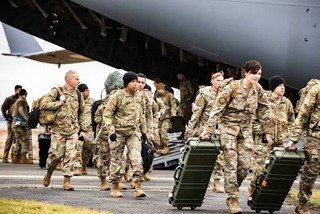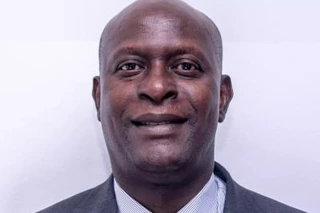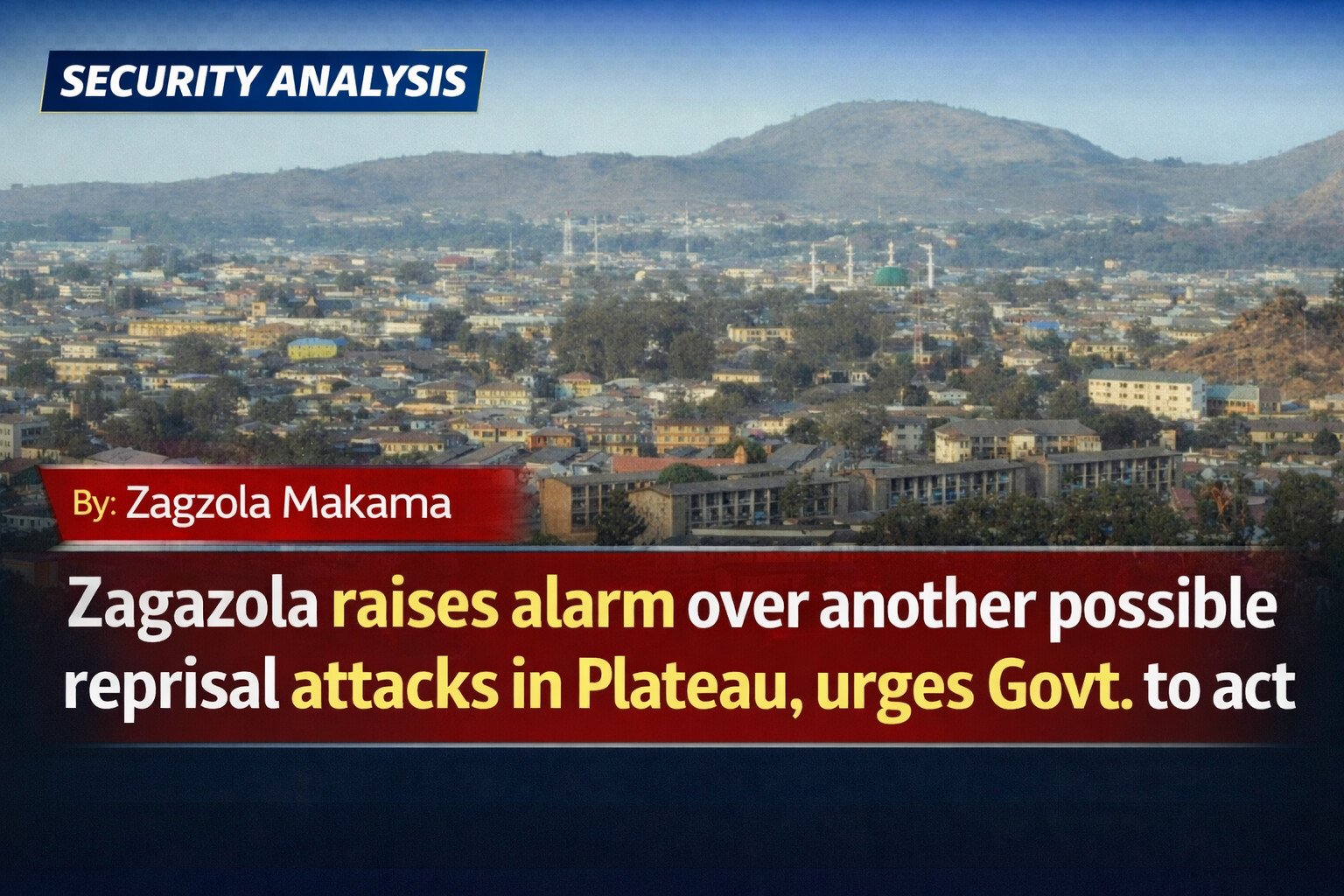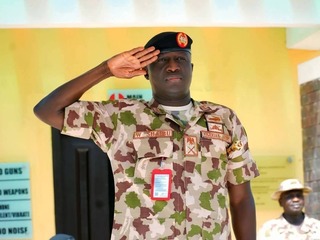Bad roads, IEDs delay troops’ response to attacks – CDS
By: Zagazola Makama
The Chief of Defence Staff (CDS), Gen. Christopher Musa, has explained that poor road networks and the threat of improvised explosive devices (IEDs) often delay the military’s response to attacks in volatile areas across the country.
Musa, who made this known while speaking on Channels Television on Thursday, said that contrary to public perception, troops were not magicians who could appear instantly at the scene of attacks, but humans operating under very difficult terrain and operational realities.
He cited the example of some attacks in Katsina and other parts of the North-West, where bandits have taken advantage of poor infrastructure to launch quick strikes on communities before disappearing.
“Many people wonder why the military did not intervene on time in certain areas, but the reality is that most of these locations have no network coverage, bad roads and are often booby-trapped with IEDs.
“I’ll give you an example from the North-East. If troops have to move just 10 kilometres, they cannot speed up because of the IED threat. A soldier has to walk ahead with a hand prodder, scanning the road metre by metre. If you rush and hit an IED, the entire vehicle and personnel are lost.
“So, sometimes it takes hours to cover short distances. These delays are not because the troops are unwilling, but because they must stay alive to do their work,” he said.
The CDS said the hit-and-run tactics of terrorists and bandits also compounded the problem, as they often moved on motorcycles into remote villages, attacked for less than ten minutes and vanished before help could arrive.
“Once they know troops are around, they shift to another distant location and strike. Their aim is simply to create a sense of insecurity and achieve propaganda value,” Musa said.
On the use of drones and satellite technology for surveillance, Musa disclosed that while drones were being deployed in some operations, they could not cover every location without credible intelligence to direct their use.
“A medium-range precision weapon for a drone costs about $100,000, which is about ₦150 million for just one strike. So, you have to be very deliberate in how you use them to ensure maximum impact.
“Recently, we had a successful strike that killed over 100 terrorists and destroyed more than 50 motorcycles. That was possible because the intelligence and timing aligned,” he explained.
Musa also lamented that Nigeria lacked real-time satellite imagery, which could provide commanders with instant information on enemy movement during ongoing operations.
“The satellites we have, some hosted abroad, are not under our direct control. We need functional real-time satellites to guide precision operations, but they are extremely expensive,” he said.
The CDS, however, reassured Nigerians that despite these challenges, the military remained committed to securing the country and had continued to record successes against insurgents and bandits across various theatres of operation.





























